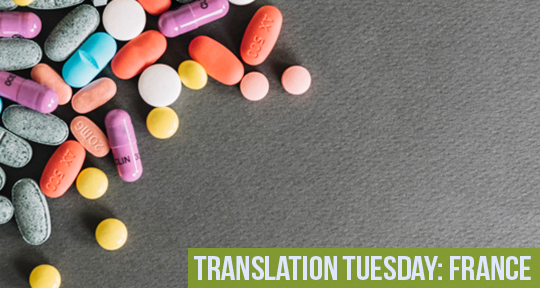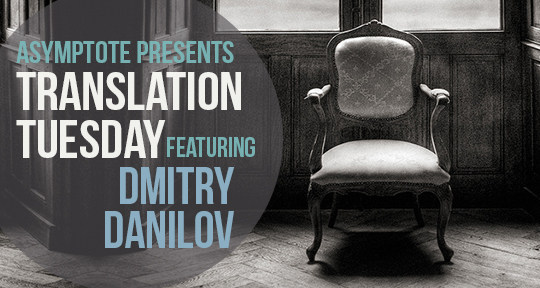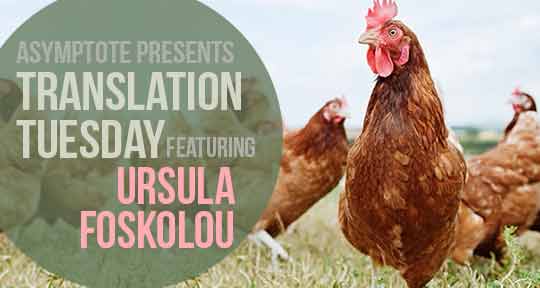This Translation Tuesday, we are thrilled to bring you a grotesquely disturbing yet distinctly lyrical short story from the pen of past contributor Carla Bessa, translated by her longtime advocate Elton Uliana. If vultures appear in popular imagination as the ultimate symbol of death, the reader of this tale will have other distinct associations to make. Surely the first such act of ventriloquism (although we have also featured whale narrators) in our pages, the gifted Brazilian author channels a group of vultures circling an unusual find on a deserted beach: an abandoned foetus. Within its darkly illuminating labyrinth of language, this powerful vignette reinscribes vultures as recycling agents in these urgent times of decay.
But we never deprive ourselves of the pleasures of gliding in giant circles, making the most of the rising currents of hot air, and the wind blowing on our wrinkled, hairless faces, flying without haste, despite the hunger. The prey down below no longer defends itself, devotion is in its nature, it is in the end: a carcass. We spend the days soaring, patiently waiting, confident in our luck, unafraid of not finding a single morsel. Here, remains are never in short supply, the entire city is a wasteland. Down there, however, on the beach, by the shore, we stare, what is it?, unrecognizable-inconceivable, neither person nor animal, neither end nor beginning.
The foetus was only a tiny dot, a mollusc, a soft invertebrate body, muscular head and foot, but without shell. Blossoming and putrefying at the same time. The skin, was it skin?, a very thin, very tender membrane already disintegrating, it would be easy to pierce with the beak. What was once a face, is now facing down, being brushed by the sand as the waves come and go, polished by innumerable shells, sand grains and pebbles.
We land with caution. One, two, seven, many of us, skittering around, still not in a hurry, and we approach the prey. As predicted, the skin gives way to the slightest touch, it rips and tears like paper. We open cracks, holes from which we pull guts, nerves, a small heart?, tearing and lacerating the exceptionally soft and sea-tempered little body.












